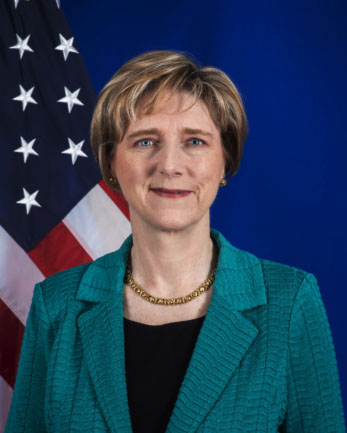TEGUCIGALPA, (Reuters) – Honduras’ foreign ministry yesterday said it would end a more than a century-old extradition treaty with the U.S. after Washington’s ambassador expressed concern about a meeting between Honduran and Venezuelan defense officials.
In a letter to the U.S. embassy shared on social media by Foreign Minister Enrique Reina, Honduras’ foreign ministry expressed “the decision of the Government of the Republic of Honduras to terminate the extradition treaty.”
Earlier yesterday, Honduran President Xiomara Castro ordered a denunciation – a unilateral withdrawal of a treaty in international law – and accused Washington of meddling in her country’s affairs.
“The interference and interventionism of the United States, as well as its intention to direct the politics of Honduras through its embassy and other representatives, is intolerable,” the leftist leader said in a post on social media.
The U.S. embassy in Honduras did not immediately reply to a request for comment.
U.S. Ambassador to Honduras Laura Dogu had earlier told local TV reporters the United States was concerned after a meeting last week between Honduran Defense Minister Jose Manuel Zelaya and his Venezuelan counterpart, Vladimir Padrino.
Zelaya was joined by the country’s head of the military joint chiefs of staff. Dogu said she was “surprised” they met with “drug traffickers.”
The United States indicted Padrino on drug trafficking charges in 2020.
“Insinuating or implicating us as drug traffickers and disqualifying our authorities is really a direct threat to our independence and sovereignty,” Reina said on social media.
Honduras is a staunch ally of Venezuela’s socialist government.
The extradition treaty has allowed for the extradition of high-profile Hondurans, including former President Juan Orlando Hernandez and former Police Chief Juan Carlos Bonilla.
Hernandez, a one-time U.S. ally, was extradited to the U.S. after Castro took office in 2022 and has since been convicted and sentenced in U.S. courts on drug trafficking charges.







